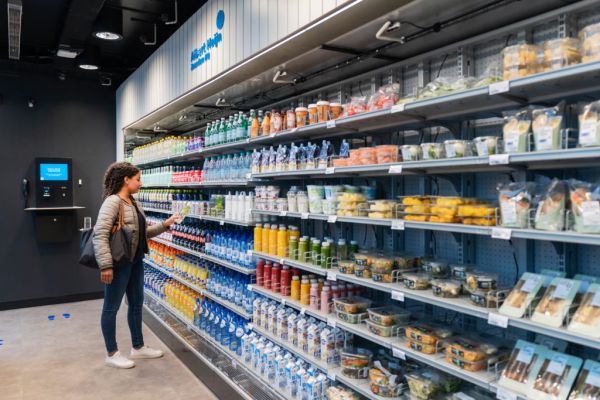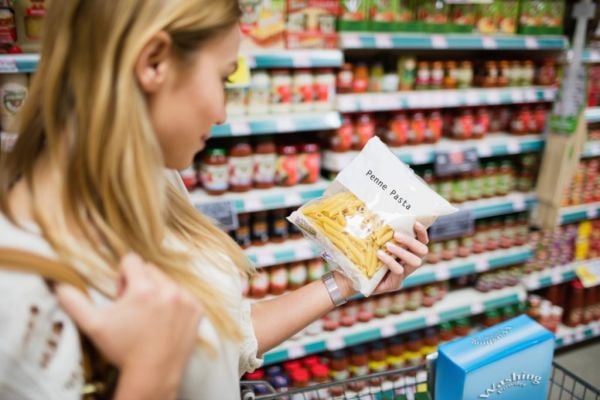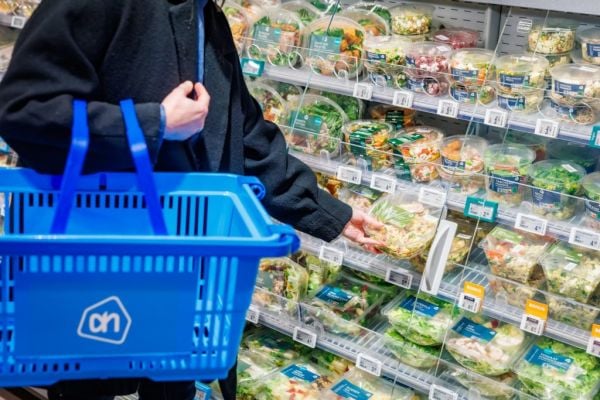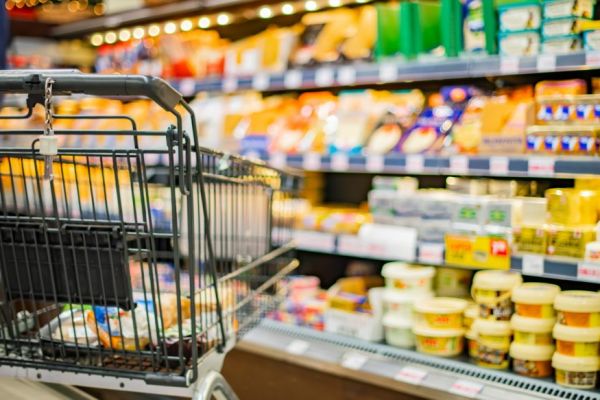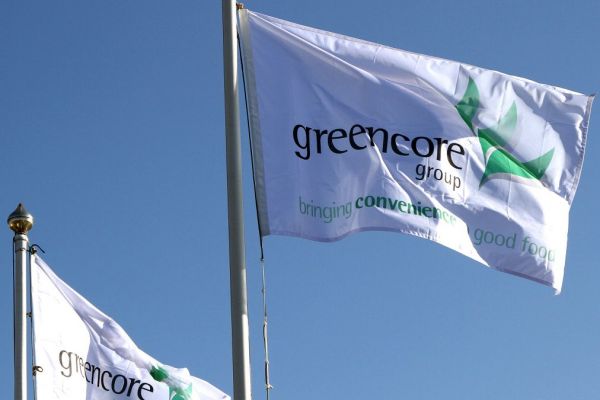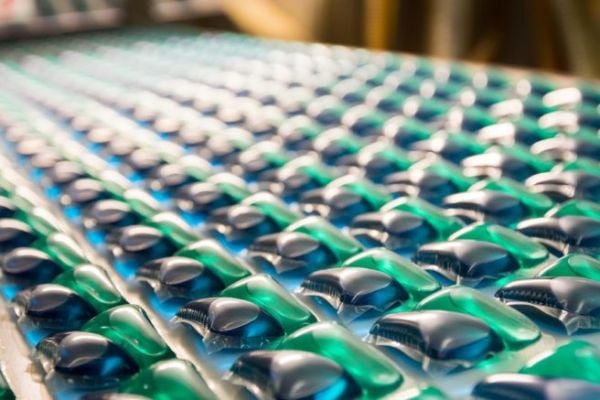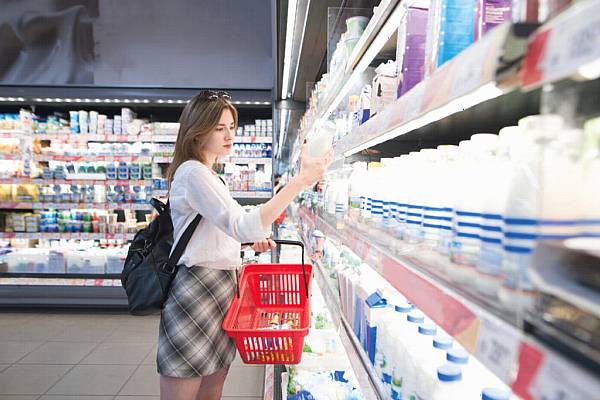The percentage of private-label products on Dutch supermarket shelves now stands at close to 30%, new data has revealed.
With some 10,000 private-label SKUs on the shelves of leading retailers Albert Heijn and Jumbo alone, the scale of the private-label market in the Netherlands was reported by Dutch public broadcaster NOS, using data from Circana.
Only supermarket chains that offer both private label and A-brands were considered in the findings. Discounters such as Lidl and Aldi are not included in the figures.
Saving Money
The main factor influencing the growth of private label brands is high inflation, the report said, as many Dutch consumers are driven to private label as they seek to save money.
As private-label consultant Koen de Jong, quoted in the report, notes "Supermarkets are actively encouraging customers to buy private label products. They play on emotions and psychology. Most house brands are placed in prominent locations, such as at eye level and at the end of aisles."
Albert Heijn
At Albert Heijn, some 60% of products are now private label, with marketing director, Johan van der Zanden, telling NOS that customers are “becoming increasingly loyal to our own brands." He expects the share of private labels to increase even further in the coming years.
Sjanny van Beekveld, of market research firm Circana, adds that A-brands actually did better than private-label brands during the COVID-19 pandemic, "I believe this is partly due to availability. Premium brands may have been able to expand their production and continue to run promotions more easily than private-label brands. Additionally, consumers may have been more confident in the quality of established brands during a time of uncertainty."
However, Van Beekveld believes that it will not get any easier for premium brands in the coming years. "Once consumers are used to buying private label brands, it is a big step for them to go back to buying more expensive brands. A-brands will therefore need to innovate and communicate effectively in order to regain market share."
